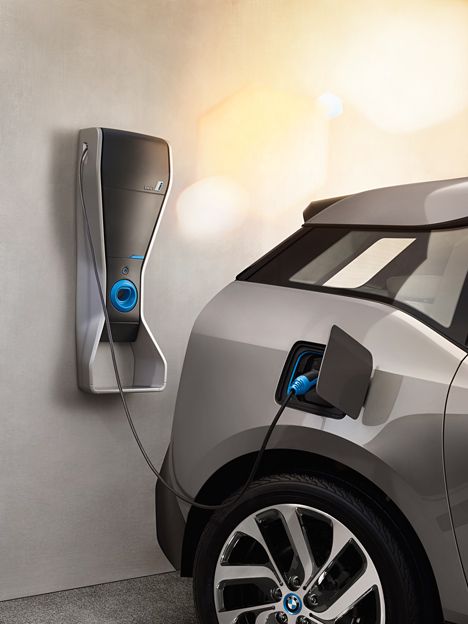Get Free Quotes 866-651-2992
Remanufactured & Used Engines

The world is witnessing the beginning of an exciting era - the great electric car race. As societies become more conscious of the environmental impact of traditional vehicles, the demand for electric cars is surging. With their zero-emission capabilities and advanced technology, electric cars are leading the charge towards a more sustainable future.
Electric cars are not just an eco-friendly alternative; they also offer numerous benefits that make them an attractive choice for consumers. The most notable advantage is the reduction in greenhouse gas emissions, which contributes to mitigating climate change. Additionally, electric cars are quieter, require less maintenance, and offer a smoother driving experience.
One of the main drivers of the electric car revolution is the continuous advancement in battery technology. The development of high-capacity lithium-ion batteries has significantly improved the range and performance of electric vehicles. As a result, range anxiety, which refers to the fear of running out of battery power, is becoming less of a concern for potential buyers.
The automotive industry is witnessing fierce competition as major players vie for dominance in the electric car market. Companies like tesla, nissan, chevrolet, and bmw are leading the way with innovative designs and cutting-edge technology. This competition not only drives innovation but also leads to lower costs, making electric cars more accessible to a wider audience.
Government initiatives and regulations have also played a crucial role in accelerating the adoption of electric cars. Many countries around the world are offering incentives such as tax credits, subsidies, and infrastructure development to promote electric vehicle usage. These measures are not only encouraging individuals to switch to electric cars but also pushing automakers to invest in research and development.
The growth of the electric car market is not limited to personal vehicles. Electric buses, trucks, and even motorcycles are gaining popularity, further reducing carbon emissions in various sectors. Additionally, advancements in charging infrastructure are addressing concerns about long-distance travel and accessibility to charging stations.
However, challenges still exist on the path to widespread electric vehicle adoption. The limited availability of charging stations in certain areas and the higher upfront cost of electric cars compared to traditional vehicles are some of the barriers that need to be overcome. Nevertheless, as technology continues to improve and economies of scale kick in, these obstacles are expected to diminish over time.
The great electric car race is not just about individual companies striving for success; it is about transforming the transportation industry as a whole. The shift towards electric vehicles represents a significant step towards reducing dependence on fossil fuels and creating a more sustainable future. With continued support from governments, advancements in technology, and increasing consumer awareness, the electric car revolution is set to reshape the way we drive and live.
Join the race towards a greener future and embrace the electric car revolution. Experience the thrill of driving an electric vehicle, while contributing to a cleaner and healthier planet.